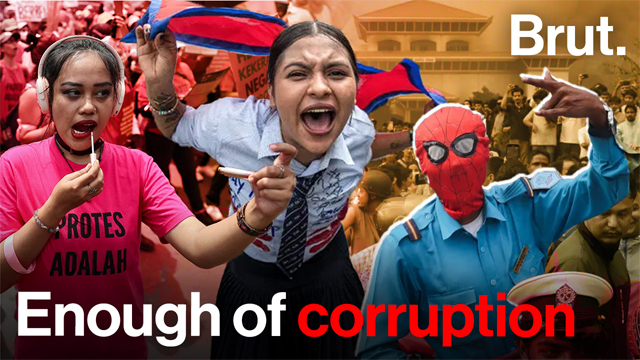Nepalese Gen Z took to the streets and social media to demand change, blending humour with anger over corruption, nepotism, and joblessness. Their protests forced Prime Minister KP Sharma Oli and several ministers to resign.
Frustration had been building for years. Youth unemployment was around 21 percent while children of politicians flaunted wealth online. Viral photos of “nepo babies” sparked outrage among students struggling to find jobs or forced to work abroad.
Tensions grew after the government banned 26 social media apps, including Facebook, Instagram, and YouTube. For students, these platforms were more than entertainment. They were tools for organizing and exposing corruption. Outrage peaked when CCTV footage showed a minister’s convoy hitting an 11-year-old girl, an incident dismissed by Oli as a normal accident.
Peaceful protests, mobilized in part by Sudan Gurung’s NGO Hami Nepal, turned deadly after police opened fire, killing at least 19 students. Looting, arson, and jail breaks followed, though students insist political groups hijacked parts of the movement for their own agendas.
Nepal’s unrest reflects a regional pattern. In Bangladesh in 2024 and Sri Lanka in 2022, youth-led protests toppled governments over corruption and economic mismanagement. Indonesia also saw demonstrations against inequality and perks for politicians. Across the region, citizens are increasingly intolerant of elite privilege, police violence, and lack of accountability.
Nepal’s political instability has deep roots. Since the monarchy was abolished in 2008, no government has completed a full five-year term. After Oli’s resignation, the Army took temporary control. Two figures have emerged as possible leaders. One is Kathmandu mayor Balen Shah. The other is Sushila Karki, the country’s first woman Chief Justice, known for her rulings on corruption and advancing women’s rights.
On the streets, young protesters have begun repairing roads and cleaning up after the unrest, showing they are more than just a generation of humour and memes.
From Sri Lanka to Bangladesh to Nepal, South Asia’s Gen Z is redefining political dissent, mixing social media, humour, and determination to challenge corruption and demand accountability.








